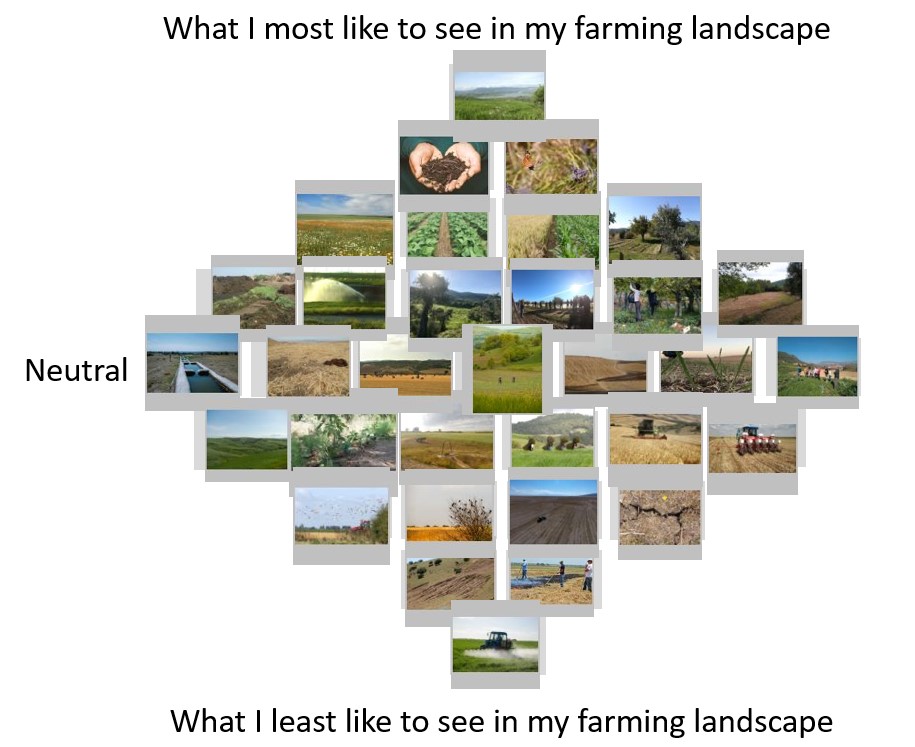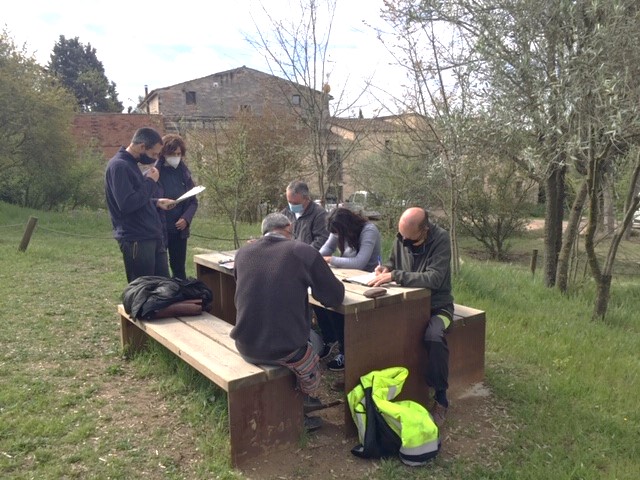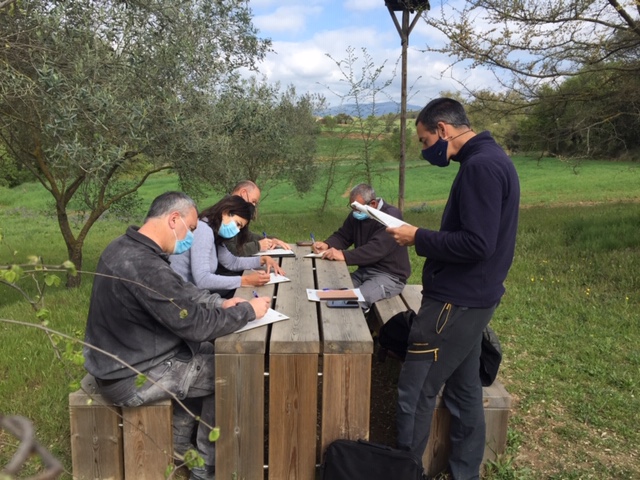Socio-cultural factors of soil management
Socio-economic factors are known to affect farmers’ uptake of good farming practices, including those for soil management, such as minimum tillage. It is equally important to identify the influence of socio-cultural factors, such as traditions, values, perceptions and mental models. As part of the ConServeTerra project, a large-scale quantitative survey will be conducted with farmers across partner countries: Morocco, Spain, Tunisia and Turkey. Survey questions are designed to reveal farmers’ perceptions, values and views on soil, conservation agriculture (CA) practices, and related ecosystem services. The survey also includes questions on farmers’ perceived capacity to adapt and responsibility for soil management. By synthesizing and comparing responses across partner countries, we aim to understand how Mediterranean farmers see both soil and their relation to it as a resource, and how this may influence their choice of farming practice. We already tested the survey with some of the farmers in Catalonia/Spain and now finalizing it based on their feedback (Figure 1).
Photo-sorting excercise to evaluate the agricultural landscape
We will use an additional, innovative methodology, of photo-sorting exercise, based on the Q-method. This method is recognized as engaging and often enjoyable for the participants.Farmers will be asked to sort a series of photographs of farming practices and landscape features according to what they most like to see and least like to see in their farming landscape (Figure 2). Their choices will be analysed using factor analysis to reveal participants’ diverse perspectives and how they perceive their surroundings. Sorting techniques can complement quantitative surveys by providing a way for farmers to reveal their inner preferences non-verbally.

Figure 2. Hypothetical sorting of photographs according to landscape preferences. Photos at the top are preferred while those placed towards the bottom are less preferred
First insights from farmer field school evaluations
Another goal of ConServeTerra is to improve farmers’ soil literacy through farmer field schools. During the first farmer field schools which have taken place in Spain and Morocco, we have conducted baseline surveys to understand farmers’ knowledge and perceptions of conservation agriculture practices. The results have given insights into farmer views which can help inform the next surveys described above. Some observations include:
- When asked which practice they currently implement for good soil management, Spanish farmers identified crop rotation more than any other practice, whereas Moroccan farmers identified fertilization the most.
- In Spain, the most frequently identified indicator of good soil quality is organic matter, whereas in Morocco it is the colour of the soil
- Crop diversification and cultivation of legumes were universally perceived as positive by farmers, whereas permanent soil cover and mixed-row cropping could also be perceived negatively by some Moroccan farmers (Figure 3).

Figure 3. Perceptions of conservation agriculture (CA) practices by farmers engaged in farmer field schools as part of WP3. Note that the number of responses varied (Morocco n=58, Spain n=18).
A follow-up survey will be conducted at the end of the farmer field schools to see if farmers’ perceptions have changed throughout the course of the project.
For more information, please contact Emmeline Topp topp@uni-kassel.de
Figure 1. Trial survey with farmers conducted by Jordi Puig Roca and Albert García Macian of L’Espigall association and Consortium of Gallecs, Catalonia, Spain. Photo: Albert García Macian.




